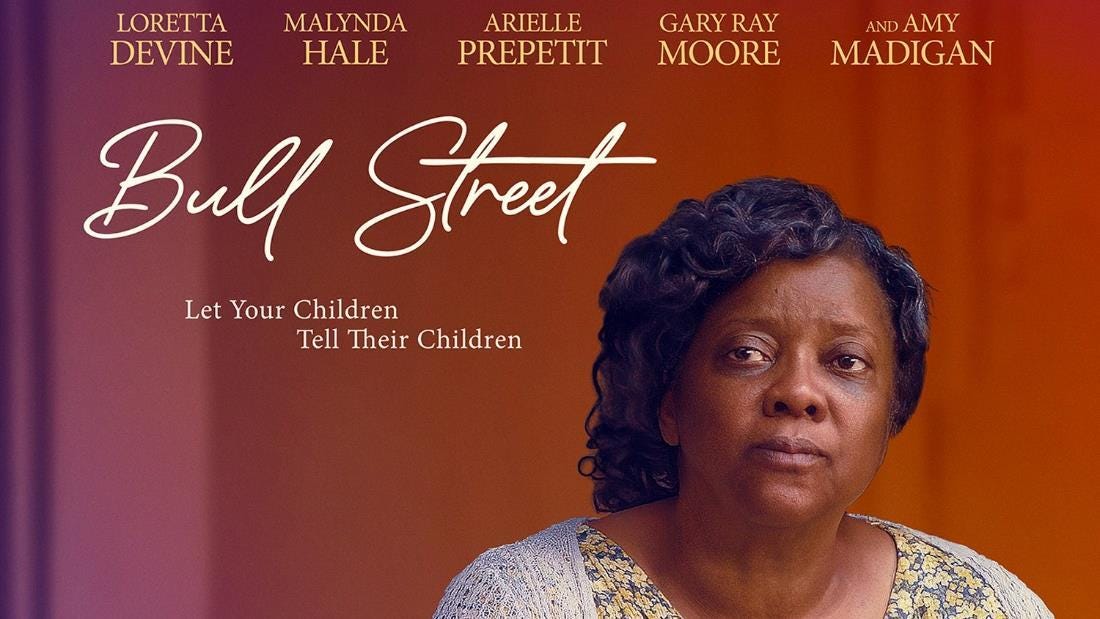09/18/2025: Premature Demand for Recognition in IATSE Case
Foodmaker engaged in slew of unfair labor practices ahead of union election.
Bull Street the Movie, LLC, JD-76-25, 10-CA-299951 (ALJ Decision)
This case involves an independent film production company accused of violating the National Labor Relations Act by discharging employees who participated in a strike organized by IATSE.
Lynn Dow founded Bull Street The Movie, LLC to produce a feature film. In January 2022, the company signed a "Project Agreement" with IATSE, but production was halted due to issues with SAG-AFTRA. When filming resumed in June 2022 as a non-union production, IATSE demanded recognition and called a strike when Bull Street didn't immediately deposit funds equal to two weeks of payroll for all employees.
The ALJ determined that IATSE was never the exclusive bargaining representative because when the Project Agreement was signed, Bull Street lacked a "substantial and representative complement" of its workforce - having employees in only 8 job classifications rather than the 19 that existed when filming began, and lacking essential positions like camera operators. The January recognition was deemed premature and void.
Of all discharge allegations, the ALJ found only one violation - script supervisor Carolynn Cecilia Jacobs was unlawfully discharged for participating in the strike. Using the Wright Line analysis, the ALJ concluded that while Jacobs' criticisms of Dow's directing had caused tension, Dow would have tolerated her until filming completed if Jacobs had not gone on strike.
The ALJ dismissed allegations regarding other employees, finding either they weren't discharged or their discharges were legitimate. The ALJ ordered Bull Street to make Jacobs whole for losses from her unlawful discharge but did not order reinstatement since the film had been completed.
Significant Cases Cited
Wright Line, 251 NLRB 1083 (1980): Established framework for analyzing alleged discriminatory discharge based on protected activity.
Garment Workers v. Labor Board, 366 U.S. 731 (1961): Held that premature recognition of a union makes any resulting contract void.
Hilton Inn Albany, 270 NLRB 1364 (1984): Established test for determining lawful union recognition.
General Extrusion Co., 121 NLRB 1165 (1958): Established standards for "substantial and representative complement" of employees.
Lion Elastomers, LLC, 372 NLRB No. 83 (2023): Addressed framework for cases involving discharge during protected activity.
Hearthside Food Solutions, LLC, JD-78-25, 09-CA-337878 (ALJ Decision)
This case involves a labor dispute at Hearthside Food Solutions (later renamed Maker's Pride) in London, Kentucky, where the Bakery, Confectionery, Tobacco Workers and Grain Millers International Union (BCTGM) Local 57 attempted to organize workers. The decision, issued on September 17, 2025, by Administrative Law Judge Arthur J. Amchan, finds numerous violations of the National Labor Relations Act (NLRA) by the employer during a union organizing campaign.
The case began when union representatives started organizing employees in early 2024. A representation election was held on May 7-8, 2024, with 222 votes for the union and 304 against. The union filed objections to the election results and unfair labor practice charges.
The ALJ found that Respondent engaged in multiple unfair labor practices in response to the organizing campaign, including:
Discharging employees Michael Fox, Edward McCracken, Susan Howard, and Caleb "Ben" Nolan for pretextual reasons, when the real motivation was their union support.
Implementing stricter enforcement of company policies (cell phone usage, break times, attendance) after learning of union activity, resulting in discriminatory discipline against union supporters.
Conducting surveillance of union activity, including calling police to respond to lawful union handbilling outside the facility.
Soliciting employee grievances with implied promises to remedy them if employees rejected the union, both in small group meetings called "Sips with Sam" led by HR Director Samantha Daniels and in a video shown to employees.
Conducting raffles and distributing prizes at town hall meetings to discourage union support.
Promising benefits (401K match restoration) contingent on employees voting against the union.
Failing to promote union supporter Bobby Messer to an area operator position due to his union activity.
Maintaining unlawful workplace rules, including prohibitions on discussing discipline and rules against "malicious gossip or spreading rumors."
The ALJ applied the Wright Line analysis to determine whether the discharges and discipline were discriminatory. This framework requires the General Counsel to make an initial showing that the employee's protected conduct was a motivating factor in the employer's action, then shifts the burden to the employer to prove it would have taken the same action regardless of union activity.
The ALJ found the General Counsel successfully established that the disciplinary actions were motivated by anti-union animus, and that Respondent failed to prove it would have taken the same actions absent union activity. The timing of the stricter enforcement of policies immediately after learning of the union campaign was particularly significant.
The ALJ ordered:
Reinstatement and back pay for the four discharged employees
Rescission of disciplinary actions taken under the more strictly enforced policies
Compensation for Bobby Messer
Posting of a notice
A new election due to the unfair labor practices occurring during the critical period
Significant Cases Cited
Wright Line, 251 NLRB 1083 (1980): Establishes burden-shifting framework for proving discriminatory motivation in discipline and discharge cases.
Dynamics Corp. of America, 286 NLRB 920 (1987): Holds that an employer violates the Act by more strictly enforcing rules after learning of union activity.
Maple Grove Health Center, 330 NLRB 775 (2000): Establishes that solicitation of grievances during an organizing campaign inherently constitutes an implied promise to remedy them.
Roundy's, 356 NLRB 126 (2010): Addresses when calling police in response to lawful union activity violates the Act.
Jennie-O Foods, 301 NLRB 305 (1991): Holds that when an employer begins enforcing previously unenforced rules after learning of union activity, the burden shifts to employer to show enforcement was motivated by considerations unrelated to union activities.

